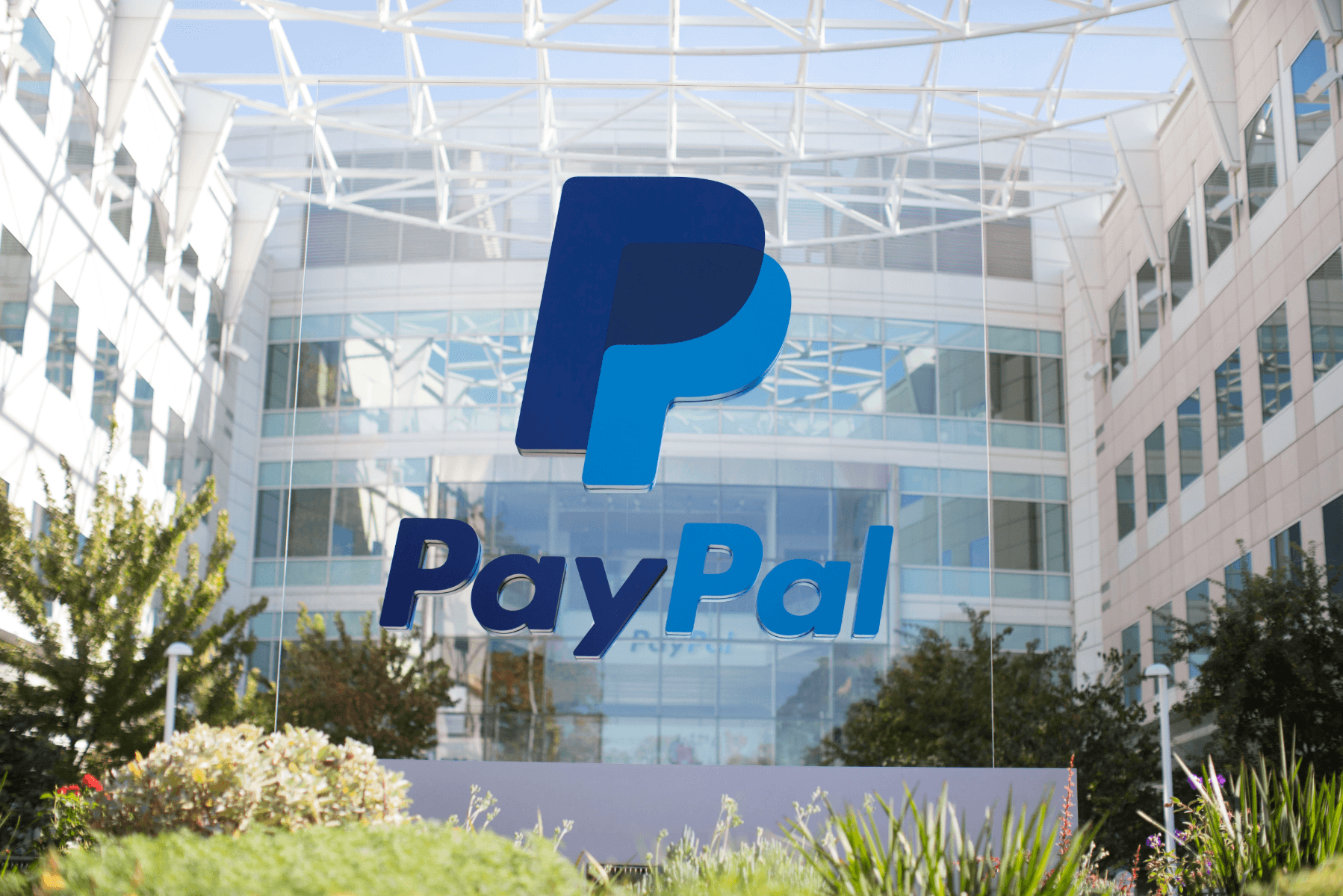
PayPal has joined Cambridge Blockchain’s Series A funding
round, marking the US payment giant’s first blockchain investment.
Cambridge Blockchain, a startup developing digital identity
management software for financial institutions, initially closed its Series A
in May 2018 after raising US$7 million from Foxconn’s HCM Capital, Partech
Partners, FuturePerfect Ventures and Digital Currency Group, but according to
documents filed with the US Securities and Exchange Commission (SEC), the
startup has raised a further US$3.5 million from a number of other investors including
Omidyar Network and Flourish over the last nine months.
With the investment, PayPal and Cambridge Blockchain said they
will “explore potential collaboration to leverage blockchain.”
Cambridge Blockchain provides financial institutions with blockchain-based digital identities solutions geared towards both protecting identities and streamlining know-your-customer (KYC) compliance, all the while allowing them to be compliant with rules such as the General Data Protection Regulation (GDPR) and PSD2, a European payments directive.
The startup plans to use the new capital on new hires as well as research and development.
A spokesperson for PayPal told
CoinDesk in an email:
“We made an investment in Cambridge Blockchain because it is applying blockchain for digital identity in a way that we believe could benefit financial services companies including PayPal. Our investment will allow us to explore potential collaborations to leverage blockchain technology.”
Matthew Commons, CEO of Cambridge Blockchain, said PayPal has been involved with the startup for the past year or so.
Cambridge Blockchain participated in the Fintech Europe 2018 accelerator program, which was sponsored by PayPal.
Towards the end of 2018, Cambridge Blockchain began working directly with PayPal’s corporate venture group, which subsequently resulted in the firm’s participation in Cambridge Blockchain’s Series A.
Although the deal is PayPal’s first investment in a
blockchain startup, it is not the first time the payment services provider is
involved in the cryptocurrency and blockchain industry.
PayPal filed a patent in March 2018 for a “virtual currency transaction system” to make cryptocurrency transactions faster. It filed another patent in 2016 for a payment device able to process cryptocurrencies including Bitcoin, Litecoin, and Dogecoin.

